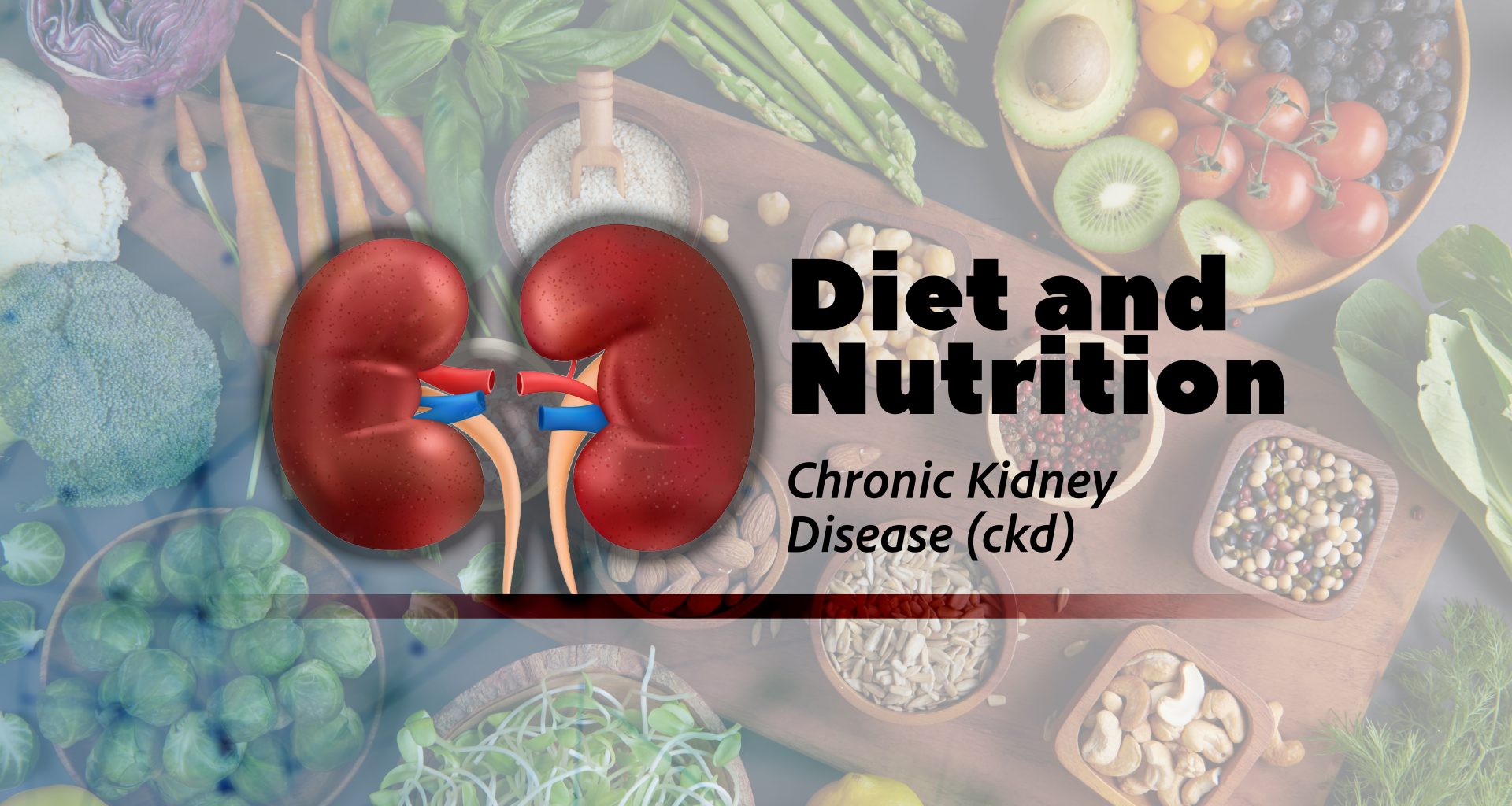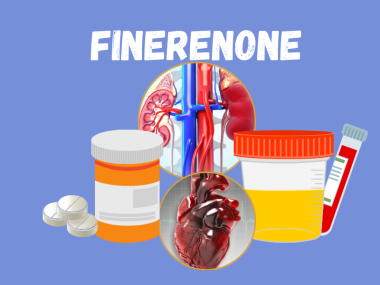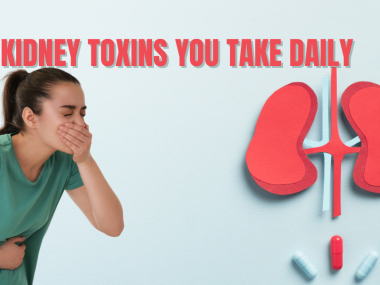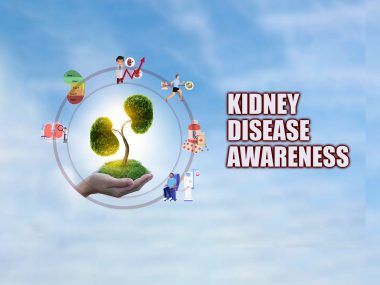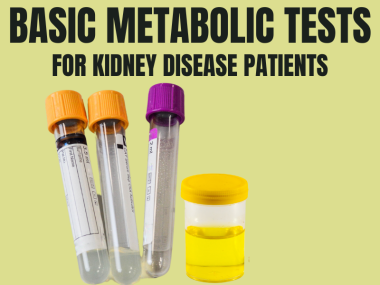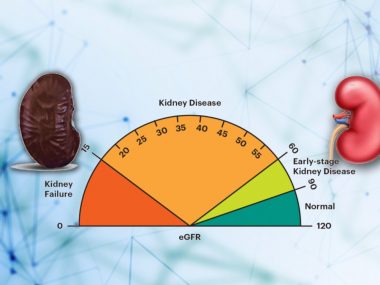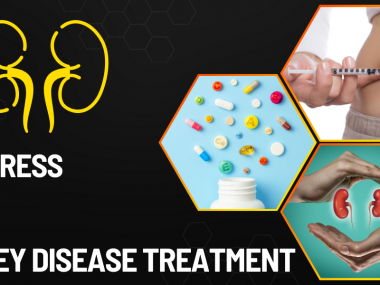Are you a kidney disease patient confused about what to eat and what to avoid? Then, you are not alone.
There is one word every kidney disease patient mentions during their doctor visit—diet. Yet despite so much discussion, the concept of kidney disease diet defies understanding.
Before we dive into the details of the renal diet in the coming blogs, let us look at why the renal diet remains beyond the grasp of a kidney disease patient.
Overwhelming Instructions
The difficulty lies not in the actual dietary changes that kidney disease demands; most kidney disease patients rarely need to modify their dietary habits except for a healthy turn. Instead, the problem arises from the fact that most of us are not trained to read food labels and charts, an inevitable step toward making any dietary changes. Consequently, many people find it difficult to even make healthy changes in their regular diet, even after reading books or videos. And when it comes to kidney disease, the instructions become overwhelming.
Misplaced Restrictions
The instructions are more often wrongly placed. I say wrongly placed because not all kidney disease patients require strict dietary restrictions. Most kidney disease patients have an eGFR above 30 with a relatively low level of urine protein, and this group is at very low risk of rapid loss of kidney function. These patients benefit more from healthy lifestyle modification, including a healthy diet, than from severe protein and other dietary restrictions.
Yes, some patients do need strict changes in their food. For example, in patients with stage 4 and 5 disease, the kidney’s ability to excrete wastes and filter salts drops significantly, making it necessary to unload the burden by cutting down the intake of proteins and salts. However, since these restrictions can adversely affect a patient’s health, resulting in malnutrition or severe potassium deficit, such patients perform best under the supervision of a multidisciplinary team, including a kidney doctor and a nutritionist.
Kidney Disease—Crossroads for Many Conditions
Lastly, and perhaps the most annoying fact, a kidney disease patient almost always carries other conditions like high blood pressure, diabetes, and heart problem. All these conditions, prevalent in late-stage kidney disease patients, make the dietary changes even more complex. While a healthy diet may benefit all these conditions, the food items from which to choose are limited. These limitations can have unexpected psychological consequences, making the patient feel left out. Restricting the diet of such kidney disease patients earlier than needed further limits their options. Unfortunately, all efforts toward an ideal diet for these patients more often lead to malnutrition and depression than health.
CKD Diet Made Simple
Seeing my patients puzzle over the complexities of renal diet, I have formulated a simpler version of instructions. Over time, I have seen these instructions change the life of many patients, patients who were unable to follow a word of dietary restrictions as laid out in the nutrition literature of many renal websites.
Below are a few general principles.
If you have stage 1, 2, or 3 CKD, it is more important to focus on lifestyle changes than specific diets. In these early stages, the goal is to slow down atherosclerosis, which is better achieved with a holistic approach, not by cutting your proteins, fats, or phosphorus.
Severe restrictions on phosphorus, potassium and protein intake become inevitable in the late stages of kidney disease. But here is the good news. Patients who adopt a healthy lifestyle, making smart dietary choices in the early stages of kidney disease, rarely graduate to stage 4 or 5. If they do, they have already removed the foods rich in salts and proteins from their diet in the process of adopting a healthy lifestyle. Still, these late-stage patients need some strict measures, not seen or required by any other illness on the planet, and are best achieved under the guidance of a dietician and a nephrologist.
In the current age, we all need to learn to read food labels, the nutritional value of food items using the internet, and how to apply these instructions to weight loss and other dietary restrictions.
Naturally, I have divided the topic of the CKD diet into three blogs.
The first focuses on a healthy diet, fundamental changes anyone can adopt to improve his health. However, kidney disease patients must include these changes in their life if they want to live a long and healthy life.
The second blog focuses mainly on proteins in the renal diet. This blog alleviates many unfounded fears and gives a general formula for protein intake in all stages of kidney disease.
The third blog is all about salts: sodium, potassium, and phosphorus—all of which can accumulate in life-threatening quantities in the body of a late-stage kidney disease patient.

